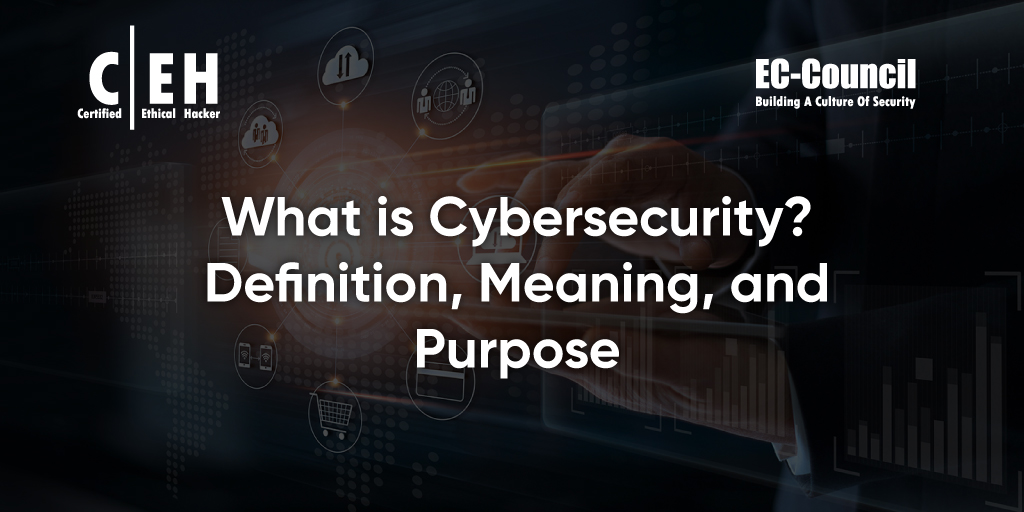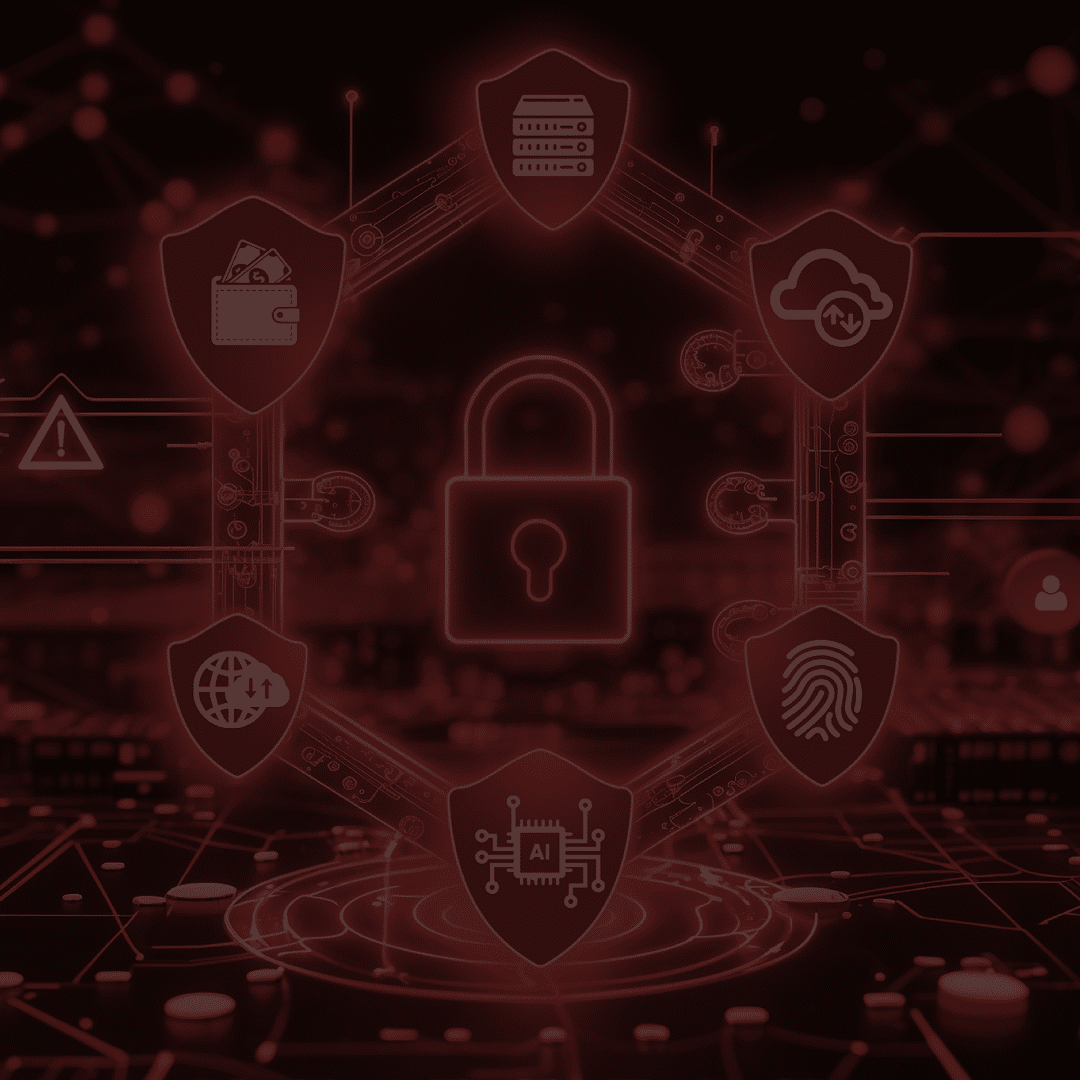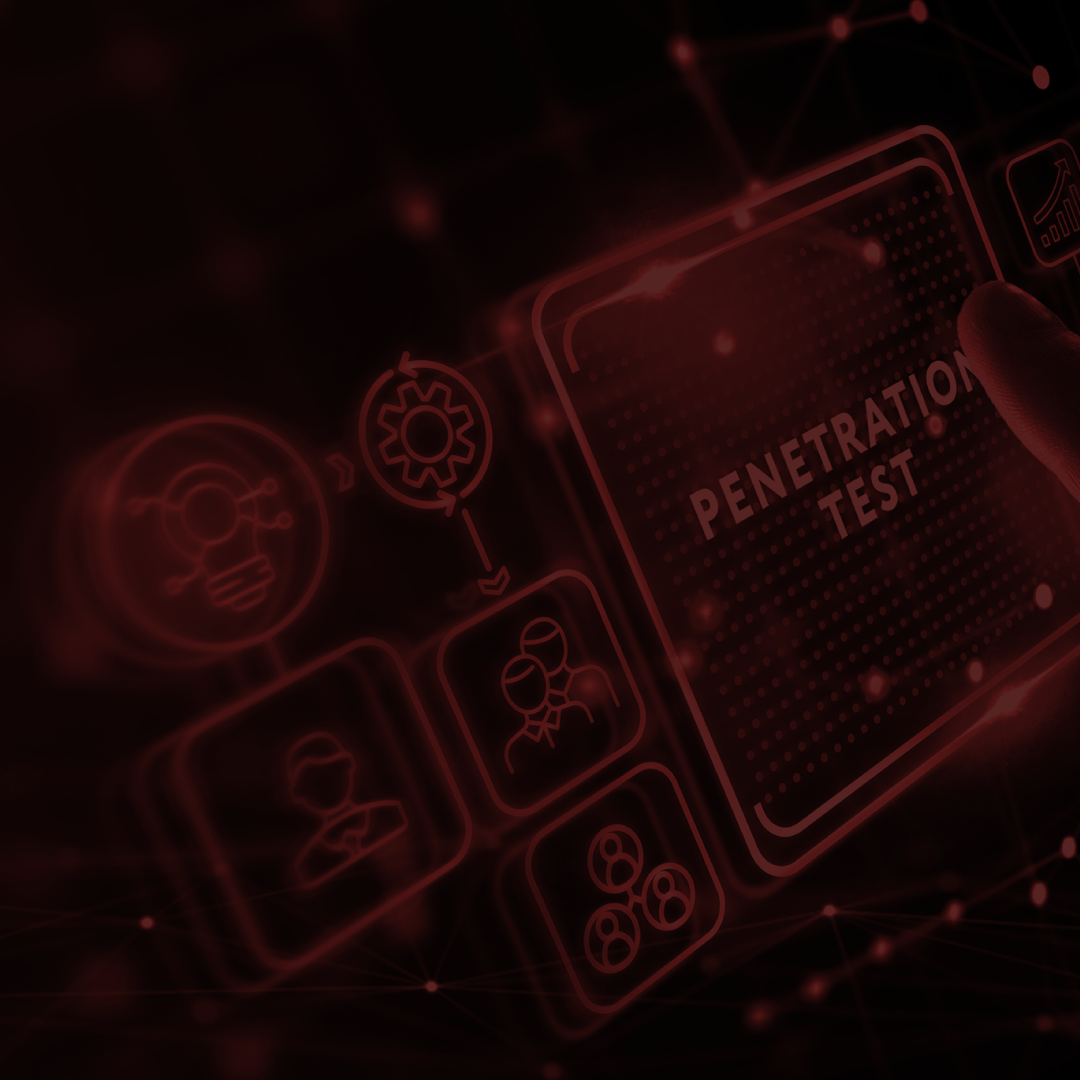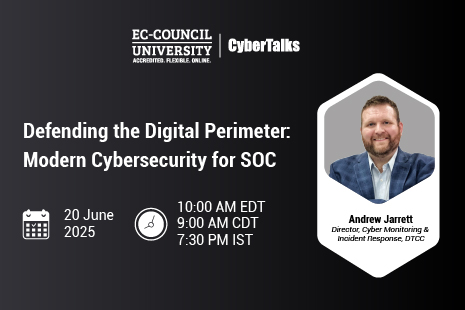What is Cyber Security?
As we progress in our digitalization, the chances of becoming a target to damaging cyberattacks increases. While there is no way to stop the occurrence, staying vigilant and adopting a holistic security approach is key to surviving the attacks. The evolving threat landscape today emphasizes the need to analyze and dive deep into the core of cybersecurity, its evolution, and its role in preventing cyberattacks. So, what is cybersecurity, and why is it so important today? This article will discuss everything you must know about cybersecurity: what it is all about, its importance and benefits, the best career opportunities in the domain, and more.
Cybersecurity Definition and Meaning
Cybersecurity is popularly defined as the practice of implementing tools, processes, and technology to protect computers, networks, electronic devices, systems, and data against cyberattacks. It is adopted by individuals and enterprises to limit the risks of theft, attack, damage, and unauthorized access to computer systems, networks, and sensitive user data. Since its inception in the 1970s, cybersecurity has undergone constant evolution. Today, cybersecurity is no longer restricted to the practice of only protecting computers but also individuals against malicious cyberattacks. The main purpose of cybersecurity is to prevent the leak of sensitive data while simultaneously ensuring cyber resilience to respond and recover from cyberattacks with lesser damage.
Different Types of Cybersecurity
As cyberattacks become more innovative and complex, the scope and domains expand to encompass several disciplines. Based on its application areas, cybersecurity can be broadly classified into six distinct types:
Application Security
Network Security
Infrastructure Security
Cloud Security
Mobile Security
IoT Security
- Application Security: While app integration into business models has streamlined operations, they have also created potential for new security vulnerabilities. Application security is the process of integrating security mechanisms into web applications and programs to protect data against theft, unauthorized access, and damage.
- Network Security: Network security refers to the process of safeguarding internal computer networks and network components against cyberattacks by employing strong network security solutions like firewalls, anti-virus, anti-malware programs, data loss prevention (DLP)s, and other multi-layered threat prevention technologies.
- Infrastructure Security: This is the practice of safeguarding an organization’s critical infrastructure against cyberattacks. Unlike traditional perimeter-focused security models, organizations that rely on critical infrastructure must implement best practices and adopt “zero-trust” to protect their critical infrastructure against evolving cyberthreats.
- Cloud Security: Cloud security is the discipline of implementing security measures, policies, and technologies to protect cloud data and cloud computing systems from cyberthreats.
- Mobile Security:This is a security strategy implemented to protect sensitive information stored on mobile devices such as laptops, smartphones, and tablets from unauthorized access and data theft.
- IoT Security:While IoT solutions ensure operational efficiency and convenience, they create possibilities for new security vulnerabilities too. IoT security is the act of employing tools and techniques to protect internet-connected devices from security risks.
Based on Akamai’s report, it was demonstrated that SQL Injection currently represents about 65.1 percent (almost two-thirds) of all web application attacks. This is 44 percent above the web application layer attacks represented by SQLi in 2017. Many web applications have SQL Injection vulnerabilities, indicate the fairly limited attention given to the security application development phase.
Most Common Types of Cybersecurity Threats
- Malware:Malware or malicious software are viruses, trojans, ransomware, spyware, etc., designed to gain unauthorized access to computer systems, servers, or networks. Malware can steal, delete, and encrypt data, disrupt business operations, and destroy computer systems.
- Password Attack: Password attacks are one of the most prevalent cyberattacks, in which the attacker employs special techniques and software to hack password-protected files, folders, accounts, and computers.
- Phishing: Phishing, the most common form of password attack, is sending fraudulent communications to targets over emails, texts, and calls, while pretending to be from reputable and legitimate institutions. Phishing attacks are generally performed to steal personal user data, login credentials, credit card numbers, etc.
- Distributed Denial-Of-Service (DDoS): DDoS attacks are attempts to disrupt and overwhelm a target website with fake or synthetically generated internet traffic. They are becoming increasingly common and aim to pose serious financial and reputational damages to an organization.
- Man-In-The-Middle Attack (MITM):MITM is a kind of eavesdropping cyberattack where an attacker joins an existing conversation between two legitimate parties, intercepts it, and secretly relays and alters conversations with the malicious intent to steal bank credentials and other financial information of the targets.
Importance of Cybersecurity
With evolving cybercrimes causing havoc to enterprises and individuals, cybersecurity is increasingly important. Cybersecurity is essential to protecting individuals and businesses against diverse cyberthreats (as discussed above). It strengthens an organization’s defense posture and is critical in mitigation and response. The benefits of cybersecurity are not only limited to data protection but also extend to employing cyber-resilience approaches to help organizations recover from a cyberattack as quickly as possible.
Are Certifications Important for Cybersecurity Professionals?
While cybersecurity professionals are required to have a bachelor’s degree in computer science, additional certifications can prove to be beneficial in enhancing their expertise and landing high-paying jobs. EC-Council offers cybersecurity certifications in various cybersecurity domains to enable professionals to transition to excellence. Candidates leverage hands-on learning to acquire deep knowledge of various cybersecurity aspects, from ethical hacking to cyber forensics, and make an excellent career progression with expert guidance. Some of the renowned certifications by EC-Council include:
- C|EH – The Certified Ethical Hacker certification by EC-Council is the world’s number one credential in ethical hacking.
- C|PENT – The Certified Penetration Testing Professional course teaches candidates to master real-world pen testing skills and conduct penetration testing in enterprise networks.
- C|ND – The Certified Network Defender course offers next-gen vendor-neutral network security training through a lab-intensive approach
- E|CIH – EC-Council’s Certified Incident Handler certification makes professionals industry leaders in preparing, handling, and responding to security incidents.
- C|HFI – The Computer Hacking Forensic Investigator program offers lab-based training in conducting digital forensic investigations using the latest technologies.
References
Statista. (2022, August 3). Annual number of ransomware attacks worldwide from 2016 to first half 2022 (in millions). https://www.statista.com/statistics/494947/ransomware-attacks-per-year-worldwide
Statista. https://www.statista.com/statistics/1183457/iot-connected-devices-worldwide/
U.S. BUREAU OF LABOR STATISTICS. Information Security Analysts. https://www.bls.gov/ooh/computer-and-information-technology/information-security-analysts.htm
Vailshery, L. (2022, November 22). Number of IoT connected devices worldwide 2019-2021, with forecasts to 2030. https://www.statista.com/statistics/1183457/iot-connected-devices-worldwide/












